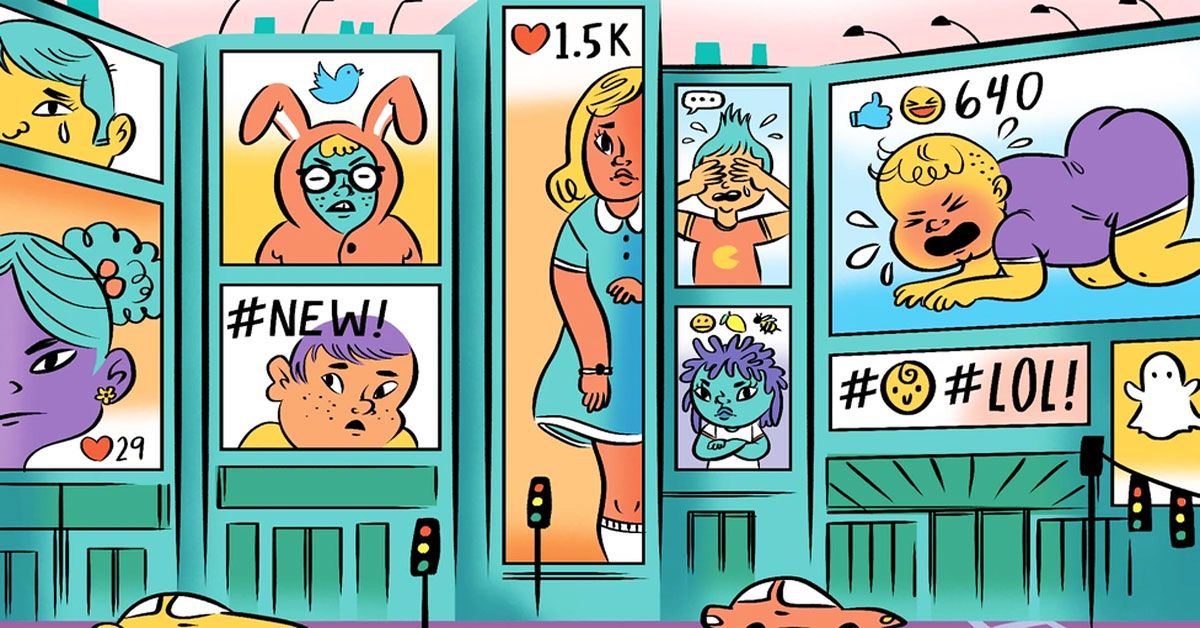Gone are the days of wallet photos, replaced by the ease of sharing children's images with just one click online. The Internet has become an integral part of modern life for the younger generations who have only known life without its presence. But amid this digital world comes worries regarding children's privacy. Surprisingly, even before turning two years old, 92% of American children already have an online presence through sharing by their parents. On their fifth birthday, parents typically post around 1000 images of their children online. Unfortunately, children cannot control how their data is shared online. We will explore this concept of "sharenting," its effects, and possible implications on children's privacy and prospects.
The Rise of Sharenting Culture
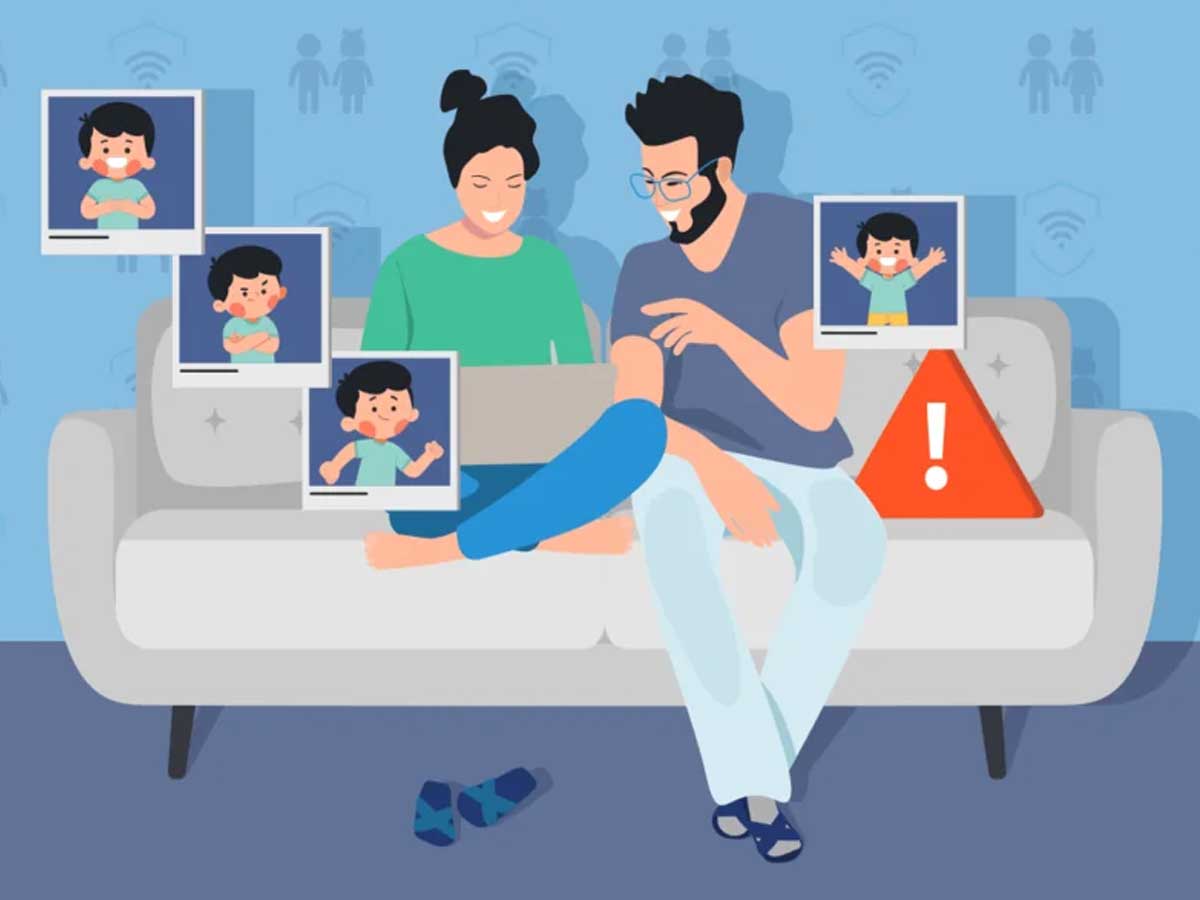
When we think of oversharing children online, mommy bloggers and influencers often come to mind. Their carefully curated posts and captivating narratives dominate the digital landscape. However, the truth is that most parents, regardless of their social media status, actively participate in this behavior. It's not just limited to a select group; it's a widespread phenomenon known as "sharenting."
The idea of sharenting goes beyond the realm of mommy bloggers and extends to parents from all walks of life. Daycares, schools, sports teams, and various other groups also contribute to the overwhelming presence of children's information online. As a result, parents feel compelled to share these milestones with their online communities, from birth photos capturing precious moments to the first steps and words.
The ubiquity of sharenting raises important questions about the boundaries of privacy and its impact on children. However, the notion that it's limited to a few influential individuals is a misconception. The desire to share and connect with others through our children's experiences is a deeply ingrained part of our digital culture. It's a phenomenon that spans diverse demographics and is driven by our innate need to document and share our lives.
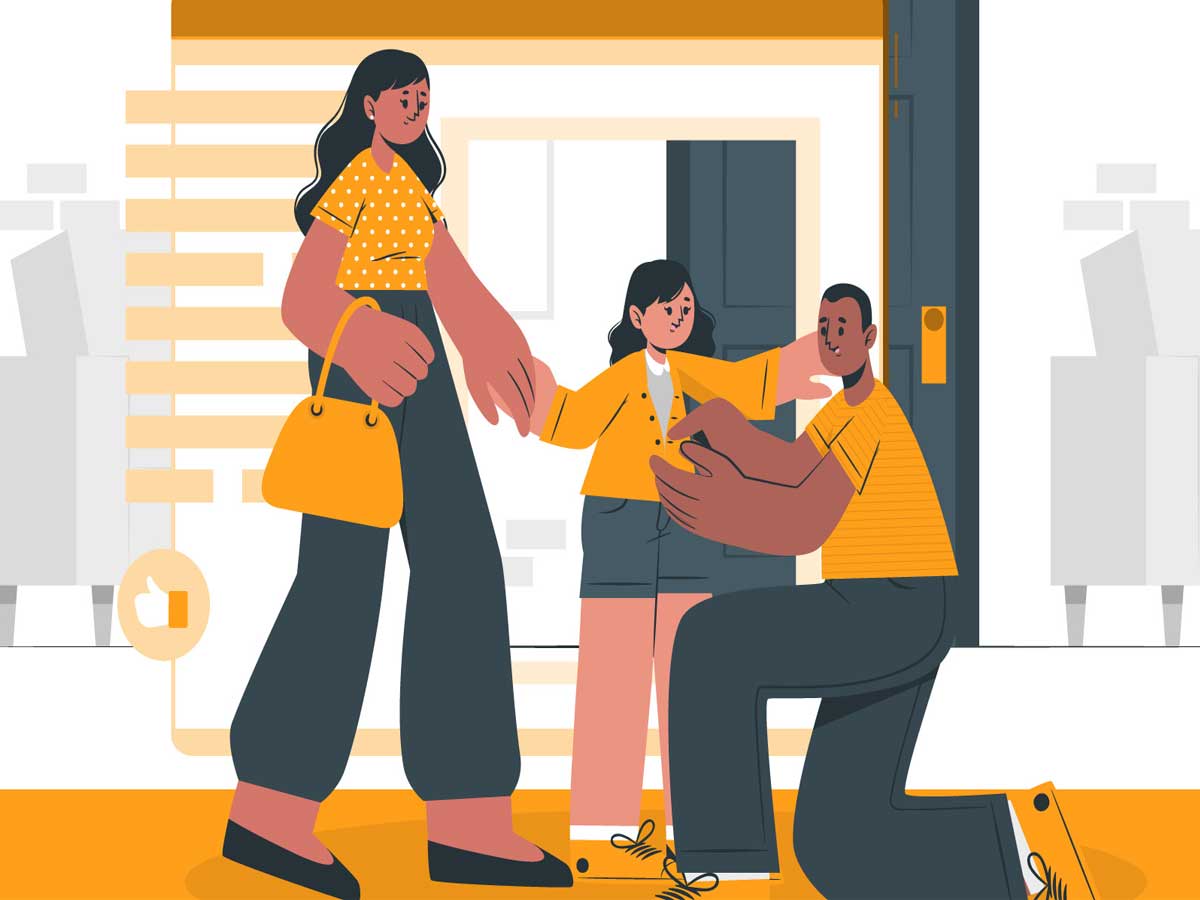
The multifaceted aspects of sharenting become apparent when we consider children's limited control over sharing their personal information. From a young age, their lives are documented and shared without consent. This raises concerns about privacy and the potential consequences they may face as they age and start searching for themselves online. How will they react to discovering publicly posted pictures? Will they feel embarrassed or enjoy the virtual fame that comes with it?
Interestingly, fame has become a coveted goal for many children aged 10 to 12. The allure of being recognized and showcasing their lives online can be both thrilling and intimidating. It presents a complex dichotomy as children grapple with losing control over their personal narrative while simultaneously enjoying the attention and validation it brings.
Acknowledging that parents have the right to share about their lives and families is crucial. However, this right must be balanced with sensitivity to their children's privacy and protection from exploitation. The question arises: How can parents navigate the delicate line between sharing their experiences and safeguarding their children's boundaries?
Privacy Concerns in the Digital Age

Sharing personal information about children online raises significant concerns regarding the potential for exploitation. Advertisers and social media platforms often capitalize on this shared information to generate user data, enabling them to deliver personalized ads and spam in some cases. Moreover, the prevalence of online predators and the risk of identity theft further heighten the need for caution. Unfortunately, the protection of users, particularly children, remain inadequate in many parts of the United States, leaving them vulnerable to potential harm.
In response to the growing concerns surrounding online privacy, various countries have taken steps to address the issue. For instance, Europe's "right to be forgotten" ruling, for instance, places obligations on search engines to remove certain information upon request. Additionally, laws in France have been enacted that allow children to sue their parents for posting their images without consent. These legal precedents highlight the need for increased accountability and provide a framework for addressing privacy concerns. Moving forward, there is a potential for more involvement from governments and tech companies in safeguarding user privacy and addressing the implications of sharenting.
Consequences and Future Implications

In today's digital age, the line between sharing and oversharing has become increasingly blurred, particularly regarding children's privacy. Unfortunately, many parents, often with good intentions, unknowingly cross boundaries by sharing personal information about their children without consent. Shockingly, a child's digital footprint can begin even before birth, with parents sharing ultrasound photos, due date announcements, and even interactions with smart toys. These actions highlight the need to examine the extent to which children's privacy is violated online.
Oversharing children's information online exposes them to various risks and consequences. Identity theft, humiliation, and privacy violations are just a few potential dangers they may face. Furthermore, the lack of control and consent over their personal information can lead to discrimination and developmental issues related to autonomy. The early presence of children online makes them particularly vulnerable to these risks. Alarmingly, by the age of 13, parents have shared a staggering number of photos and videos of their children, amplifying the potential consequences associated with sharenting.
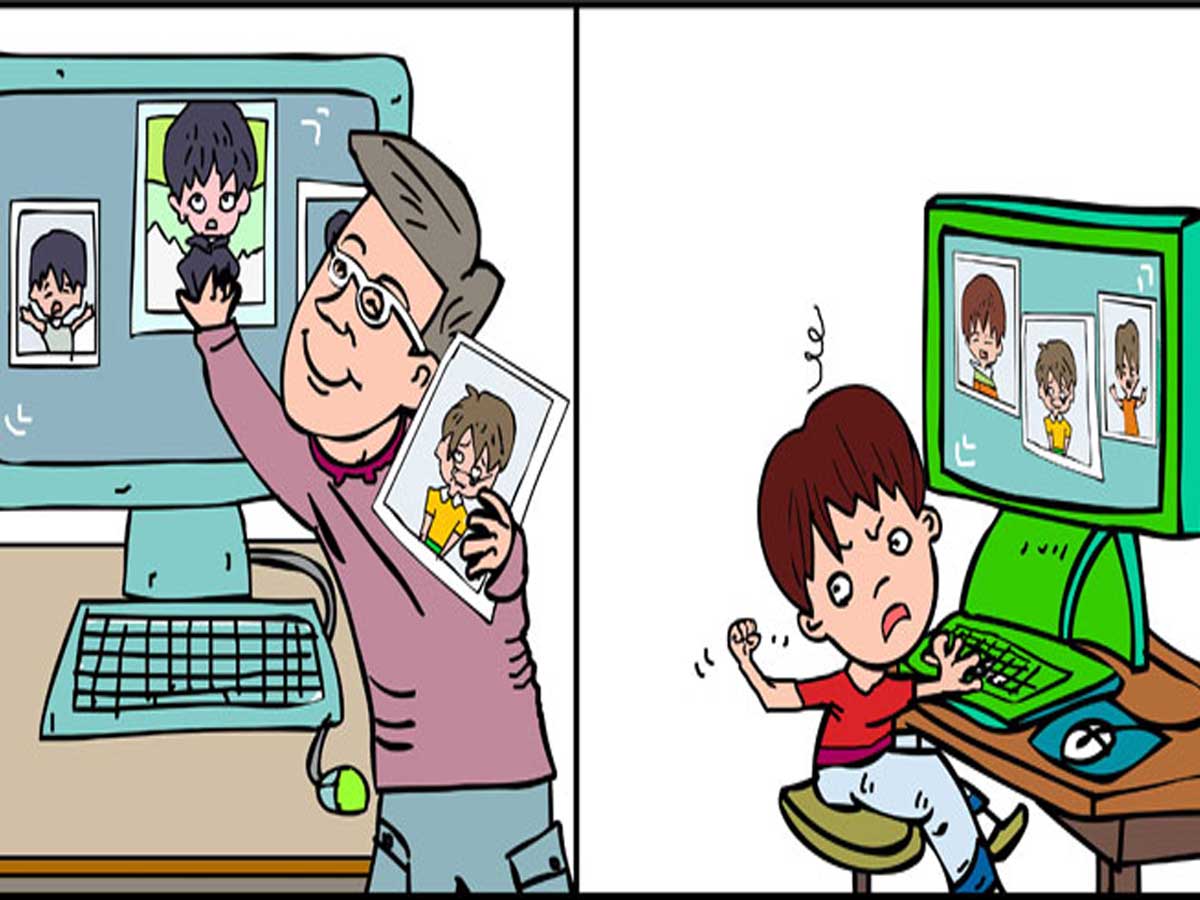
Beyond the immediate risks, there are unintended consequences and future implications of sharenting that deserve attention. One concern is the possibility of strangers capturing and sharing embarrassing posts or stories about children, further infringing on their privacy and potentially causing long-lasting emotional distress. Additionally, sharenting is predicted to contribute significantly to future identity fraud, as the extensive information shared online creates a fertile ground for exploitation. As a result, there is a growing need for advocacy to address these issues that educate parents about the conflicts between posting and respecting their child's privacy. Furthermore, legal analysis supports the idea that children should have the right to refuse parental posts, emphasizing the importance of safeguarding their autonomy and digital well-being.
Raising Awareness and Taking Action

In an era of digital connectivity, parents must approach online sharing with mindfulness and consideration. Being responsible about what parents post online can go a long way in protecting their children's privacy. This includes eliminating unnecessary information, such as geotagging, which can inadvertently reveal a child's location. In addition, parents can minimize the potential risks associated with oversharing by exercising caution and being selective about the content shared.
Open communication is also key in navigating the realm of online presence. Engaging in conversations with children about their online presence allows a better understanding of their concerns and desires for privacy. This dialogue fosters trust and empowers children to have a say in how their personal information is shared. Parents can ensure that their children's privacy is respected and upheld by involving them in the decision-making process.
While social media platforms often take the spotlight when discussing privacy concerns, it is essential to recognize that privacy risks extend beyond these platforms. For example, the proliferation of smart devices in homes introduces a new set of privacy and safety concerns. Examples of smart toys and gadgets with security vulnerabilities have raised alarms, exposing personal information to potential breaches. The data collected by these devices can also be susceptible to misuse or hacking, compromising children's privacy.
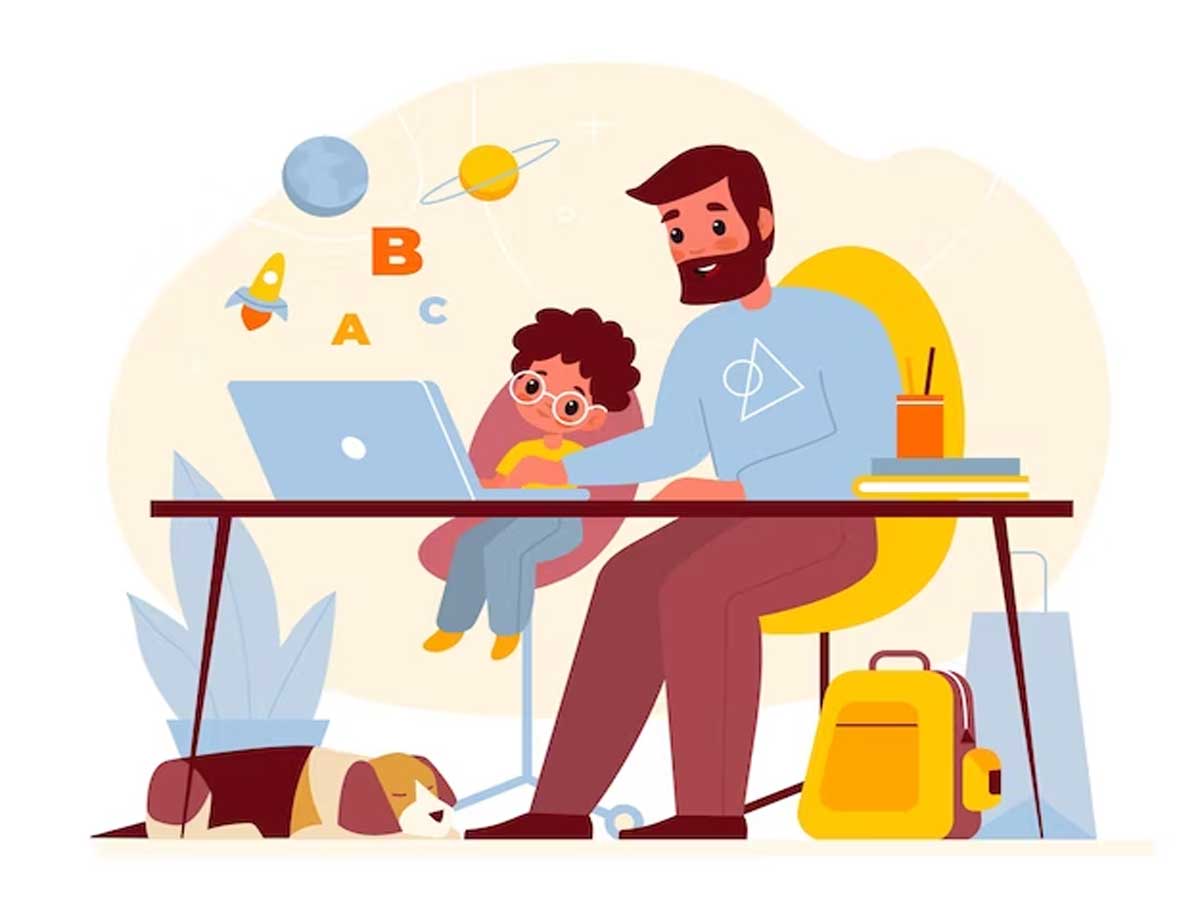
It is crucial to raise awareness and take proactive measures to address the complex issue of children's privacy in the digital age. Teaching internet safety and privacy in schools should be a fundamental part of education, empowering children with the knowledge and skills to protect themselves online. Additionally, demanding transparency from schools regarding the data they collect and how it is used is essential to safeguarding children's privacy.
Advocacy for legislation that explicitly protects children's privacy is another vital step toward ensuring their digital well-being. By advocating for stronger legal frameworks that prioritize the privacy rights of children, we can create a safer online environment for them to thrive. Parents should also proactively research and secure toys and devices before introducing them into their homes, ensuring they meet rigorous privacy and security standards.
Safeguarding children's privacy has become more urgent in today's digital world, where sharing personal data has risks that must be considered carefully before sharing anything online. Parents should exercise care when sharing details of their children online, taking note of potential long-term ramifications on both privacy and future opportunities. Ensuring children can safely navigate digital environments is of utmost importance, including installing smart home devices with protection features to establish an unbreakable digital barrier between themselves and strangers online. By creating awareness, advocating for legislation, and encouraging an open dialogue, we can establish an environment where children's privacy is revered and preserved for future generations. Let us strive to safeguard their right to privacy as children continue growing in digital environments and ensure their well-being in digital spaces.
Sources: forbes.com / theguardian.com / crin.org / vox.com / core-evidence.eu / expressvpn.com / Internet Crime Complaint Center / theatlantic.com / bbc.com / ofcom.org.uk / thelancet.com
